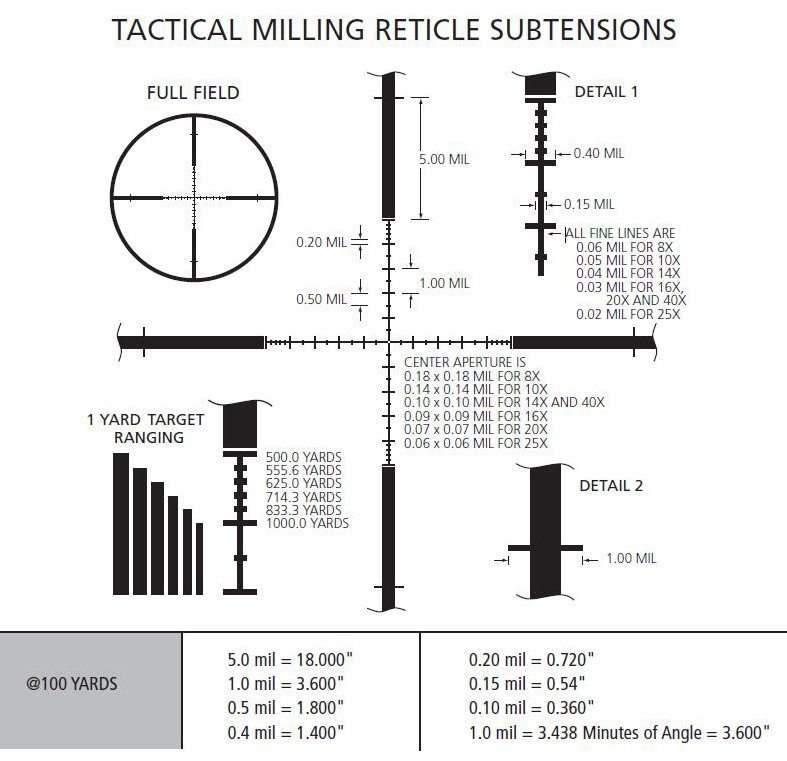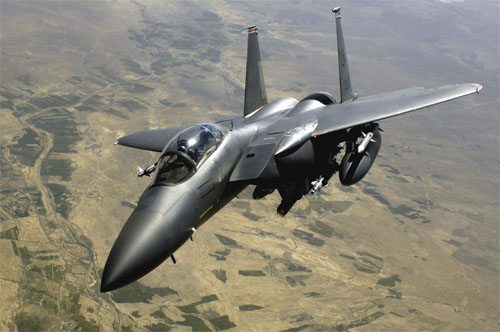DefenceTalk,
Conflicts have been part of human society since the beginning of the time. While other species of animals also engage in fighting, none wage organized warfare, and at such a large scale as humans. From the skirmishes of hunter-gatherer tribes to total mobilization of modern societies, conflicts between humans seem to have no ends in sight. In recent times, there has been a trend of proliferation of declaration of wars against seeming abstract enemies, such as War on Terror and War on Drugs.
The very cause of warfare has been studied upon for hundreds of years, more so in recent times. It is a vast and complex subject regarding the nature of human individuals and as a whole that no single sweeping explanation can define. The frequency of war has raised questions about whether humans are naturally incline to inflict suffering upon others. While it is generally recognized that war is cruel, destructive and barbaric, this only recognizes the problems and offers virtually nothing to help end wars. Organized warfare requires motive and intent to reach a purpose, not out of pleasure for killing or the sake of waging it. Interests, be it personal or societal, are seemingly the driving force behind conflicts under the surface, although by no means the only factor.
The biological explanations of war usually implies that humans are born violent and need outlets for their violence tendencies, with which warfare provides. If proven, then warfare is simply the manifestation of the inherently evil human instinct and cannot be avoided. Even before biological explanation became prominent, philosophers debated the state of human nature since the time of Socrates of Greece and Confucius of China. , Thomas Hobbes, supported the view point of dark human nature, stating in his work Leviathan that “every man is enemy to every man…[and there is] continual fear, and danger of violent death; and the life of man, solitary, poor, nasty brutish, and short.#”
However, Jean-Jacques Rousseau criticised Hobbes’ theory and instead stated that the natural man is motivated by pity and self preservation, that he will not voluntarily cause pain to another human needlessly#. Biological explanations of war failed to explain why many choose to avoid participating in wars and killings. Individuals go to great lengths to escape fighting, such as draft dodgers during the Vietnam War, self-mutilation of American soldiers to avoid serving in Iraq, and claiming conscientious objector status. Even the fully trained combat soldiers demonstrate the reluctance of killing another human being in combat, especially when they are alone. Rousseau’s viewpoint is confirmed in a study conducted in 1947 by Colonel S.L.A Marshall of the U.S. Army, which concluded that “This thing is simply this, that out of an average of one hundred men along the line of fire only fifteen men on average would take any part with the weapons.#” He further emphasized in his work that:
It is therefore reasonable to believe that the average and healthy individual- the man who can endure the mental and physical stress of combat – still has such an inner and usually unrealized resistance towards killing a fellow man……At the vital point the becomes a conscientious objector, unknowing…#
As society advances, so the technologies of war, which makes conflicts more and more deadly. Resulting from that, nations developed international laws, treaties and diplomacy to avoid armed conflict. After the Third Years War devastated the land during the 15th century in Europe, the Treaty of Westphalia was signed between monarchs to set boundaries between kingdoms and attempt to secure peace. Fast forward to the 20th century, the preamble of United Nations Charter ratified by nations around the globe stated one of its main purpose was “to save succeeding generations from the scourge of war, which twice in our lifetime has brought untold sorrow to mankind.#” and in its very first article expressed its mission:
To maintain international peace and security, and to that end: to take effective collective measures for the prevention and removal of threats to the peace, and for the suppression of acts of aggression or other breaches of the peace, and to bring about by peaceful means, and in conformity with the principles of justice and international law, adjustment or settlement of international disputes or situations which might lead to a breach of the peace.#
Clearly from a historical standpoint, humans demonstrated the understanding that war is undesirable and taken steps to prevent it, putting the myth of the innate tendency or need for war to rest. So, if it is not the human nature that drives mankind to war, what is? The answer generally seems to be survival and self-interests. Hunter-gatherer societies fought over the control of land and resources for the survival and expansion of their tribe. Kings in Europe fought wars over control of land and people. Even war waged for ideological or religious reasons on the surface such as French Revolutionary Wars or the Crusades, the underlying reason continues to be for the benefit of the groups that is leading the war effort such as political power or loots. No war is fought if neither side thinks there is something to obtain. As the famous Prussian General Carl von Clausewitz pointed out is his work Vom Kriege, war is simply the extension of politics by other means#. Whatever that cannot be obtained by means of force, it is unlikely to be obtained by negotiation. Due to the fact that resources are always limited and human population constantly growing, potential for armed clashes was always present, and still is.
With new economic superpowers such as India and China fast on the rise, so does the competition for resources. Gwynne Dyer illustrated the that the leader factor of World War I was because of the system of the existing powers, Britain and France, could not adjust to the rapid growing German power due to industrialization. The end result produced the second most devastating wars in history on an unprecedented scale#. As the victorious Triple Entente imposed their harsh terms on defeated Germany at the Versailles Conference, they planted the seed of hatred within the German population which was exploited by Adolf Hitler later. The Treat of Versailles, although made attempts to secure lasting peace, failed to do so due to its internal flaws. The supposedly “war to end all wars” became the factor that contributed to the outbreak of a greater conflict. The end result was World War II, which over 50 million was killed within six years of full blown combat#. The idea that war would end other wars is another myth that has been discredited.
With the advance in weapons technology since WWII, killing is growing more and more efficient. The development and proliferation of nuclear weapons mean that a war on the scale of the previous world wide conflict in the 20th century would almost spell certain doom for mankind. Countries recognize this problem and attempt to keep the peace by putting the UN into action. Largely thanks to the organization, there hasn’t been a conflict of global scale since 1945, more than sixty two years. While some progress are made, major powers dislike being told what to do by a body of foreigners, and most continue to act unilaterally when decisions do not favour their interests, exemplified by the defiance of UN regarding 2003 invasion of Iraq by the Bush administration of U.S. However, the arrival of information age has made individuals grew more aware of political rights in society, and inter-connected economies between nations of make the idea of World War III unlikely at best.
It is unrealistic to expect that mankind will drop their ideological, religious, national, racial and social differences and end all conflicts. However, it is the method of handling conflicts that can be changed to avoid armed clashes. Negotiation and diplomacy are the norms of the 21st century politics, not blunt force. Peace and prosperity are preferred over warfare. The stakes of war are becoming increasingly high in this day and age where the effect of war in any part of the world has global repercussions. Perhaps as the world becomes more connected, the need for war as a solution to political problem will eventually disappear into history. Like Gwynne Dyer said in his book, good riddance.









